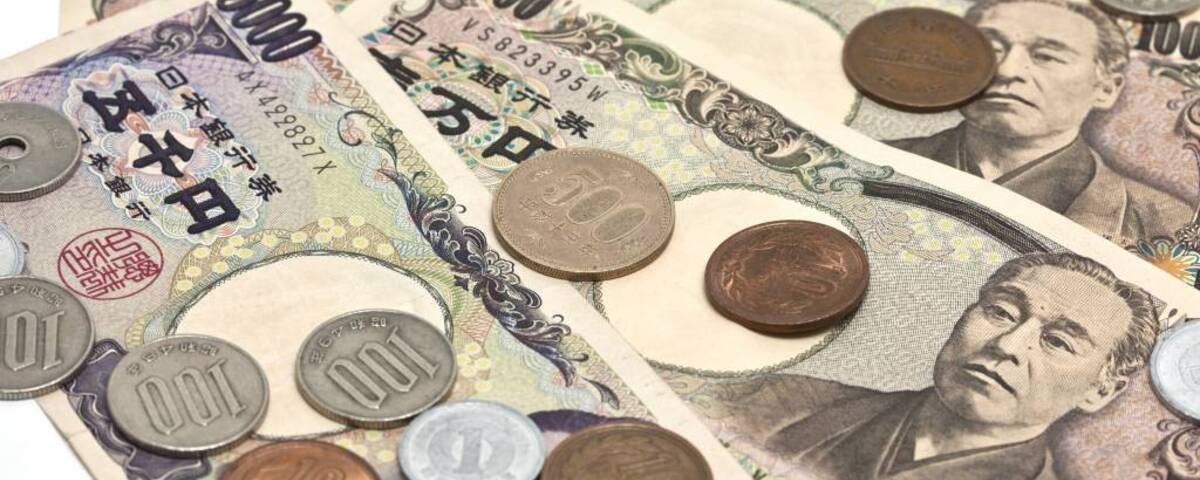
Brazil central bank’s June decisions will be more data dependent, says governor
28/03/2024
US Congress bans staff use of Microsoft’s AI Copilot, Axios reports
30/03/2024Japan repeats verbal warning to yen bears, BOJ keeps dovish tone

Japan repeats verbal warning to yen bears, BOJ keeps dovish tone
TOKYO (Reuters) – Japanese Prime Minister Fumio Kishida stated on Thursday that the government remains open to all options to address excessive movements in the currency market, emphasizing Tokyo’s readiness to intervene if it perceives the yen’s decline as excessive.
Kishida highlighted the importance of currency rates reflecting economic fundamentals in a stable manner during a news conference, responding to inquiries about the yen’s recent drop to levels not seen in three decades.
“We will closely monitor currency movements with a heightened sense of urgency and take appropriate measures without excluding any options to address undue fluctuations in the currency market,” he asserted.
His comments echoed those made by Japan’s chief currency diplomat, Masato Kanda, on Wednesday, coinciding with the yen’s plunge to a 34-year low against the dollar amid expectations of a cautious approach by the Bank of Japan in raising interest rates, thus maintaining a significant spread between Japanese and U.S. rates.
On Wednesday, the dollar briefly surged to 151.975 yen, surpassing the level of 151.94 yen at which Japanese authorities intervened in October 2022 to purchase the currency.
However, on Thursday, it retraced some of its gains, settling at 151.370 yen.
Despite the Bank of Japan’s recent decision to terminate eight years of negative interest rates, traders remained focused on its dovish stance indicating a delay in further rate hikes.
Following the decision to end negative rates, a majority of BOJ policymakers expressed the need for caution in unwinding ultra-loose monetary policies, as revealed in a summary of opinions from last week’s meeting released on Thursday.
Marcel Thieliant, head of Asia-Pacific at Capital Economics, remarked, “With the yen weakening to a fresh 34-year low against the dollar, the Ministry of Finance signalled that an intervention in the foreign exchange markets is imminent.”
“However, the yen will certainly not get much support from Japan’s monetary policymakers as inflation is more likely to undershoot than to overshoot the Bank of Japan’s forecasts,” he added.
According to a Reuters poll, data set for release on Friday is expected to indicate a slowdown in annual core inflation in Japan’s capital to 2.4% in March, down from a 2.5% increase in February.
Traditionally, Japanese policymakers have favored a weaker yen as it bolsters profits for the country’s major manufacturers. Nonetheless, the yen’s recent sharp declines have posed challenges for Tokyo, leading to increased costs for raw material imports, dampening consumer spending, and squeezing retail profits.


